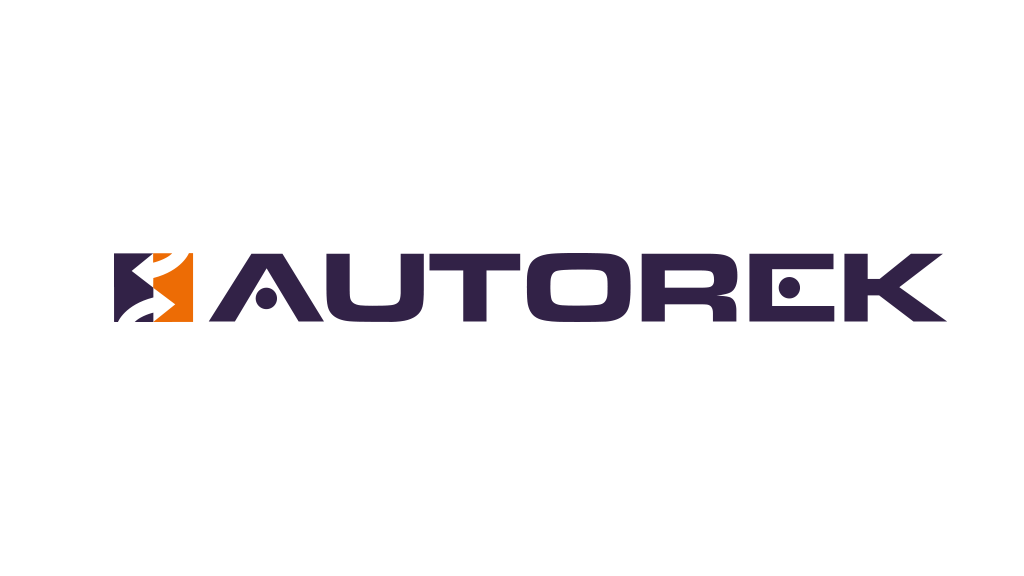PRESS RELEASE: Automation the key to growth and data management for banking and payments sector, finds new report

A new report from leaders in reconciliation and finance automation software, AutoRek, has found widespread concerns around the ability of businesses to grow amidst scalability and regulatory pressures over the next three years, affecting 92% of professionals surveyed.
The report ”“ Banking and Payments in 2022: Digital transformation and trends in financial technology ”“ was designed to provide an insightful view of the key challenges and solutions that will face the financial industry as it enters 2022.
AutoRek gathered insights from senior professionals across the banking and payments industry on the barriers they face surrounding the handling of payments data, compliance and growth, and new technologies in use or consideration.
Automation was found to be a key source of hope for enabling growth and regaining competitive advantage. Other key findings include:
- Manual processes form the biggest roadblock to achieving automation, cited by 46% of firms, followed by legacy systems (42%), poor interoperability (40%) and regulatory requirements (38%).
- In-house IT solutions are the most common for data handling across payment operations, used by 44% of firms ”“ a higher reliance on in-house systems than in most other sectors.
- Almost one-third of firms consider their jurisdiction’s regulatory body audit and control around regulatory reporting infrastructure somewhat or far too strict, while 22% consider it somewhat or far too lax. Just under half consider it appropriate. Financial institutions in central and south America were considerably more likely to view their regulators as lax than their European and Asia-Pacific counterparts.
- When selecting a solution to handle payments data, almost 80% of respondents consider its ability to integrate easily with existing infrastructure a key factor.
- Over half of respondents (56%) either already have or are in the process of deploying modern technologies such as artificial intelligence (AI), machine learning (ML) and application programming interfaces (APIs) to help monitor and streamline their data management processes. One-third had onboarding planned in the next 12-24 months. Only 12% reported having no plans to apply technology to improve data management processes.
Firms slow to adopt emerging technologies should be aware that they are now falling behind in an increasingly automated and competitive landscape, according to Nick Botha, Banking Lead at AutoRek.
Commenting on the findings of the report, Nick Botha continued: “While automating data flow has been a priority for some years now, this survey makes clear how many inefficiencies continue to plague firm’s day-to-day operations when it comes to data processing and reconciliation. Legacy banks in particular are grappling with often more than 20 disparate systems written in varying generations of software, none of which are designed to interact with one another.”
“While a decade ago that might have flown under the radar, the last few years have seen control of the payments space shift from banks into the hands of Payment Service Providers (PSPs), whose ability to deliver totally user-native customer service is forcing the whole industry to step up.”
“Beyond competing for market share, it’s a question of compliance. The costs associated with non-compliance are substantial both from a financial and reputational perspective, and regulators are increasingly less forgiving, as we have witnessed in the last few months with significant fines incurred by some of the world’s largest banks.”
“New technologies like AI, ML and APIs can be used to create greater interoperability and remove or significantly reduce manual interventions and use of spreadsheets. Investing in these capabilities today will enable firms to address evolving customer preferences, mitigate risk and achieve regulatory compliance down the road ”“ essential elements for remaining competitive in the payments landscape of today.”



